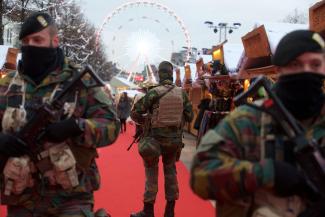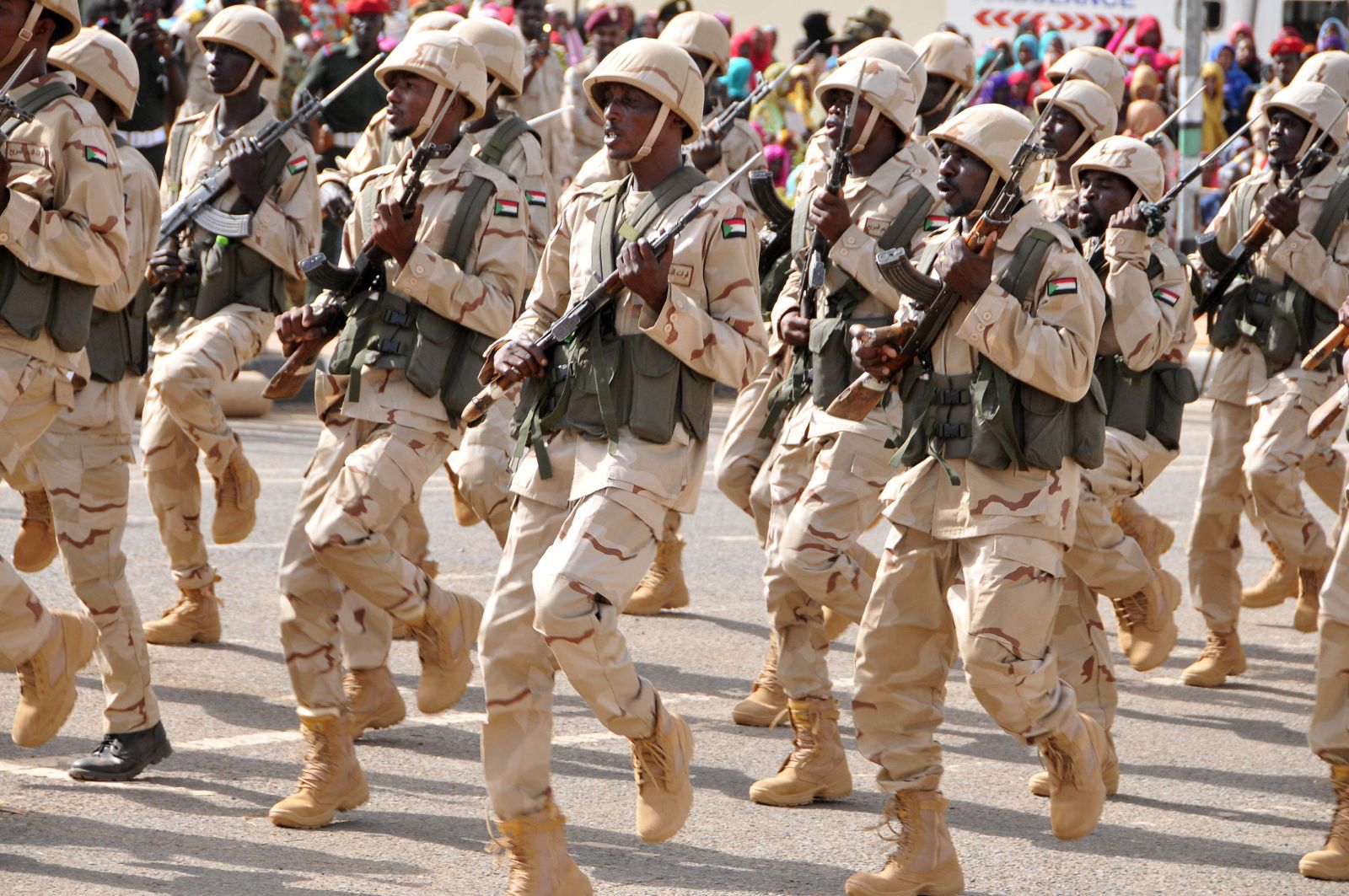Relevant reading
The Middle East and the challenge to the west

In Kepel’s eyes, 1973 was a decisive year. In October, Egypt and Syria attacked Israel. That war is known as the Yom Kippur war, the Ramadan war or the fourth Arab-Israeli war. In this context, oil-producing Arab countries decided to raise prices and reduce exports. The goal was to exert pressure on Israel and its allies in order to force Israel to respect the rights of Palestinians as well as to withdraw from the Sinai Peninsula and the Golan Heights, both of which Israel occupied in the six days war of 1967.
The result of this decision was unprecedented financial wealth for Saudi Arabia and the Gulf emirates. Henceforth, the Saudis claimed a role of leadership in the Muslim world and began to promote their fundamentalist Salafi version of the faith.
In 1979, the Iranian revolution established a Shiah counterweight to the Saudis’ dominance of Sunnis. Both countries have since been involved in many proxy wars. In many places, Islamism reshaped the political order, often triggering hostilities between Sunnis and Shiites as well as aggression against “infidels”. The Arab region is now split into two camps, and violence keeps escalating.
In the second part of this book, Kepel elaborates what impact the fight for dominating the Muslim world has had on pro-democracy movements and their demands for human-rights appreciation. He assesses the Arab Spring and its consequences in Tunisia, Egypt, Libya, Bahrain, Yemen and Syria. The uprisings inspired hope, including in western countries, but they were fast manipulated by the competing Islamist powers. As Kepel writes, the results included the incredible violence and gruesome terrorism of ISIS.
According to Kepel, jihadism developed in three stages:
- Initially, the goal was to protect Muslim territories attacked by “infidels”. The targets were Israel and its allies as well as the Soviet troops in Afghanistan, though supposedly deviant Muslim dominations were sometimes attacked too.
- The Al Qaeda attacks on New York and Washington on 11 September 2001 made jihadism a global phenomenon, and the USA’s response – the “war on terror” and the invasions of Afghanistan and Iraq – paved the way to the next stage.
- In 2014, ISIS conquered large parts of Iraq and Syria and declared them to be a new caliphate. The terrorist network recruited fighters on the internet and expanded its reach to Europe. Terror attacks in Europe and the inflow of refugees from Syria and Iraq contributed to right-wing populism gaining strength in the EU.
The third and final part of the book is about what has happened since ISIS lost the territory in Syria and Iraq. It analyses the Middle East’s emerging new strategic order. According to the author, ISIS has been weakened because it now lacks its former hubs. Moreover, the falling oil price has reduced jihadist funding. Nonetheless, he warns that Islamist terrorism remains a serious threat.
Kepel concludes that reconstruction of eastern Mediterranean countries will be decisive. These countries must be strengthened in order to serve as a link between Europe and the Middle East. Otherwise, he warns, the crises of past decades will only escalate further. Kepel wants European governments to reconsider their approach to the region and abandon narrowminded Euro-centric positions.
Reference
Kepel, G., 2020: Away from Chaos. The Middle East and the challenge to the west. New York, Columbia University Press.
(French original, 2018: Sortir du Chaos. Les Crises en Méditerranée et au Moyen-orient. Paris, Gallimard.)












